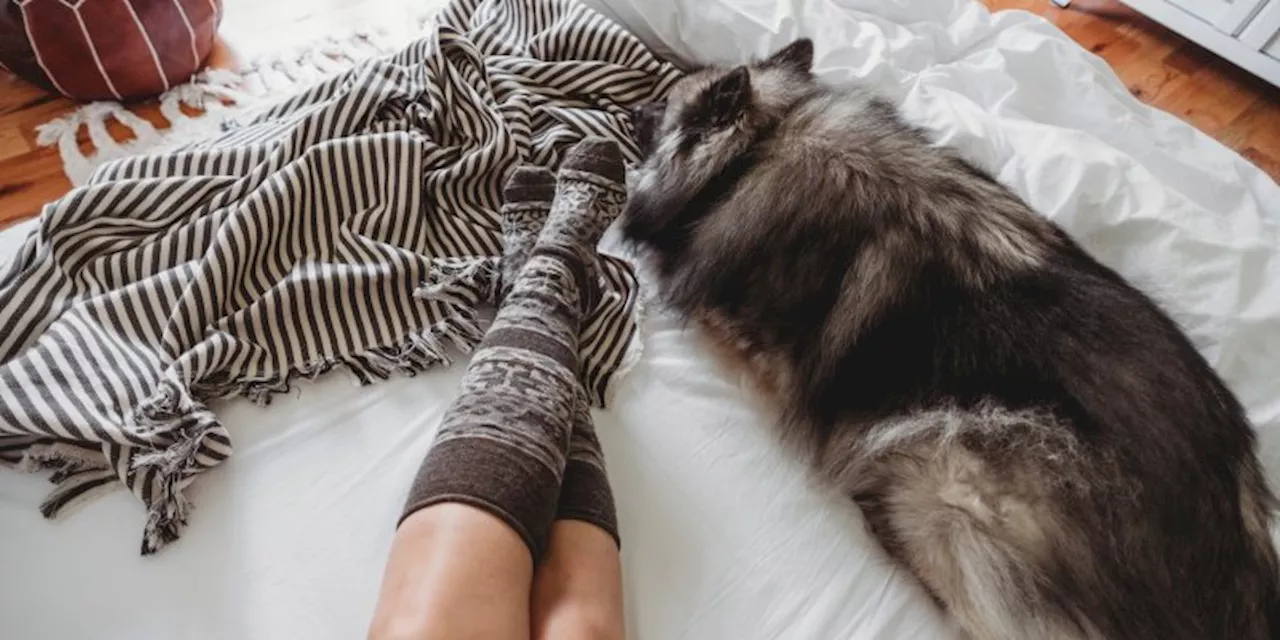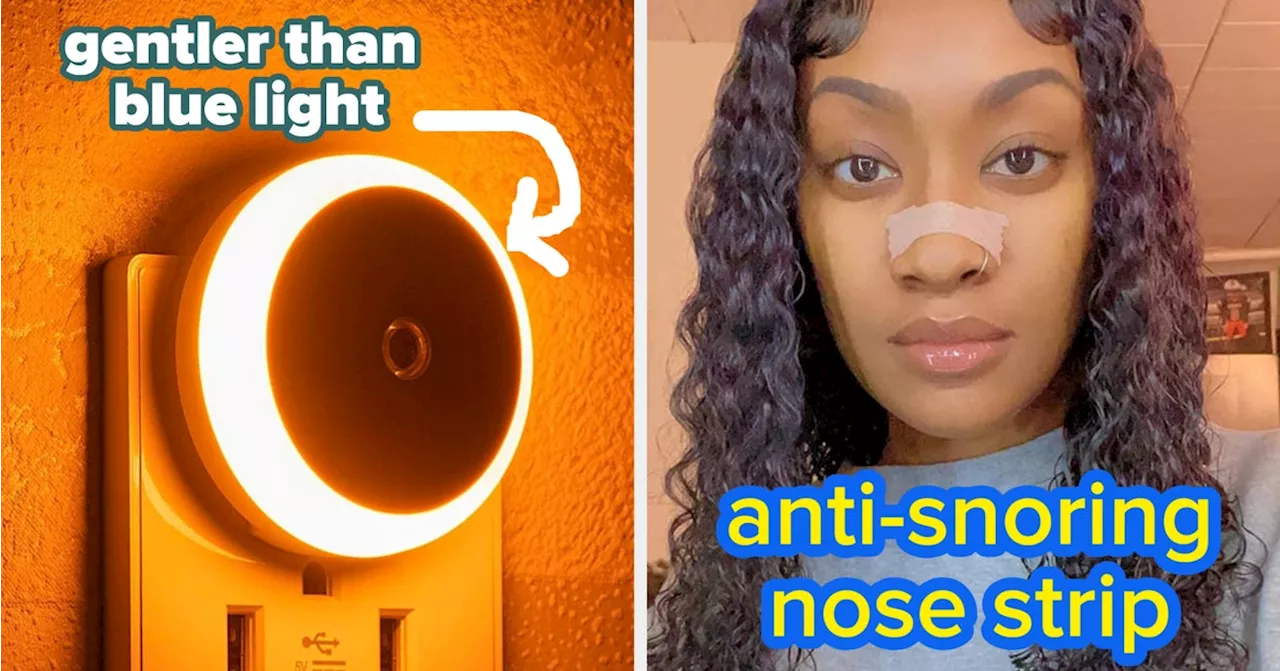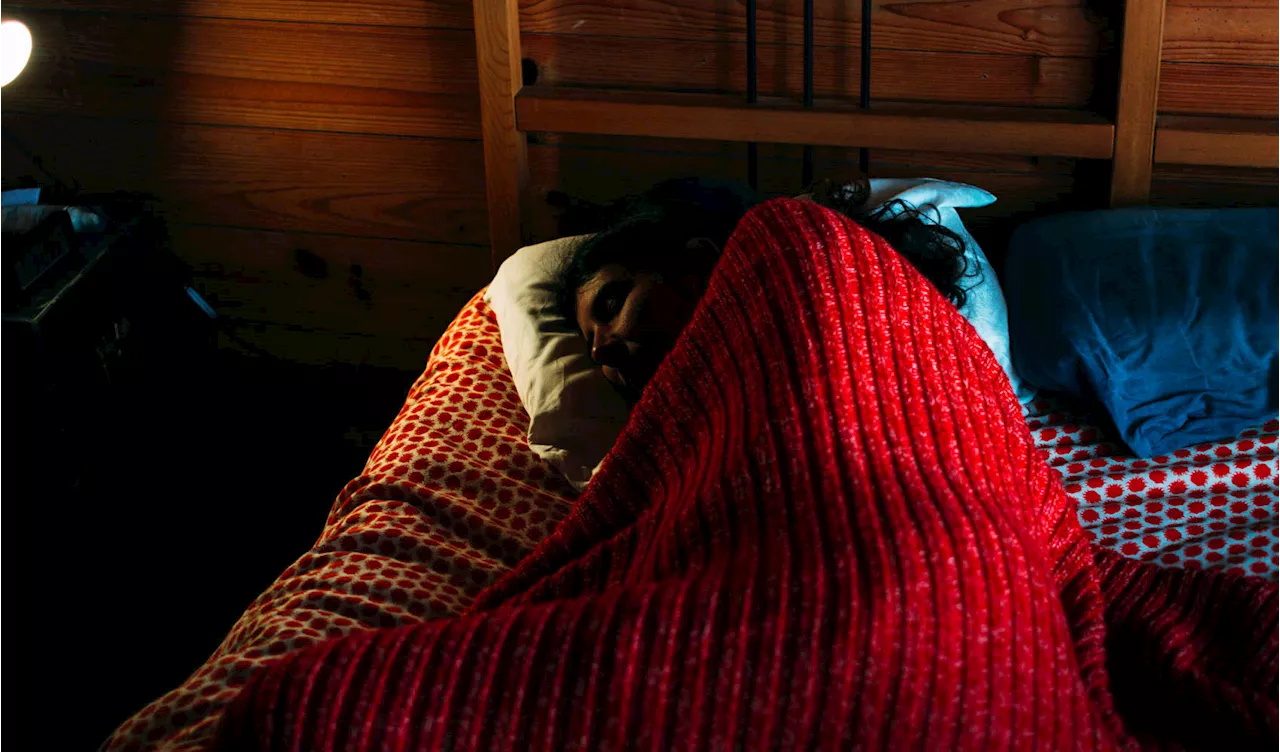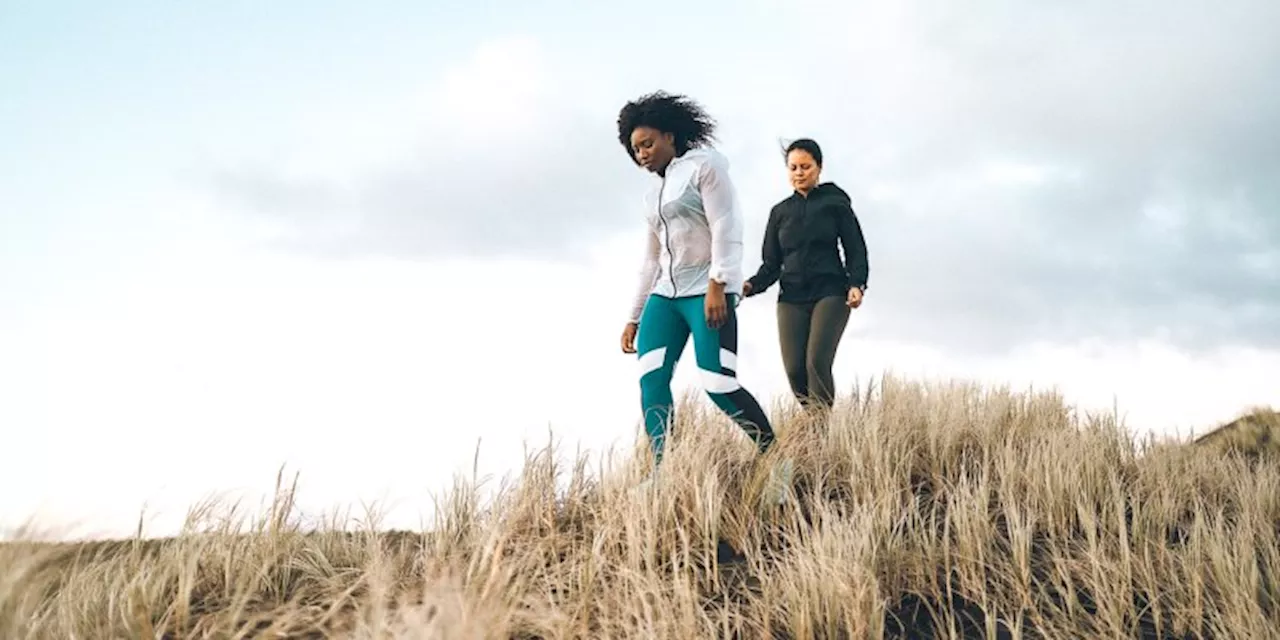A recent study published in the Journal of Clinical Sleep Medicine suggests that even slight increases in physical activity can significantly reduce the risk of developing obstructive sleep apnea (OSA). Researchers analyzed data from 155,448 adults, finding that walking alone was associated with a decreased risk of OSA. The study highlights the importance of exercise as a preventative measure against sleep apnea and its potential to improve overall health.
About 29 million American adults, which is approximately 12% of the adult population, experience sleep apnea . This condition is characterized by a recurrent pattern of interrupted breathing during sleep, which can significantly disrupt sleep and lead to various health issues such as snoring, headaches, and mood changes.
While certain lifestyle modifications have been shown to alleviate the effects of sleep apnea, a recent study published in the Journal of Clinical Sleep Medicine suggests that increased physical activity plays a crucial role in reducing the risk of obstructive sleep apnea (OSA).The researchers, in a groundbreaking analysis involving 155,448 adults with an average age of 46, discovered that even slight increases in physical activity levels can effectively lower the risk of developing OSA. This extensive study, the largest of its kind to date, utilized data from the Ontario Health study, examining the lifestyle, medical history, socio-demographic information, and sleep patterns of each participant. Notably, nearly 7% of the participants had been diagnosed with sleep apnea, and those diagnosed were more likely to engage in sedentary lifestyles compared to those without sleep apnea. Comparing the activity levels between the two groups, researchers determined that even minor increases in physical activity, such as walking, were associated with a decreased risk of sleep apnea. Specifically, a 10% increase in movement was linked to a lower risk of developing the sleep disorder. Senior author of the study, Lyle Palmer, Ph.D., emphasized the importance of physical activity as a preventive measure against sleep apnea. 'One surprising finding was that not only vigorous physical activity but also just walking alone was associated with a decreased risk of sleep apnea,' Dr. Palmer stated in a news release. The researchers recommend incorporating at least 20 more minutes of walking into your daily routine. For more intense activities, adding only eight extra minutes was sufficient to reduce the risk of sleep apnea and improve overall sleep quality.This study carries significant weight due to the rising prevalence of sleep apnea in both children and adults. Understanding modifiable risk factors, such as exercise, is crucial in addressing this growing public health concern. Exercise not only acts as a protective factor against sleep apnea but also offers numerous other benefits for overall health. Integrating these recommendations into the care plans of patients struggling with sleep apnea could provide a valuable and cost-effective approach to managing their symptoms. Other strategies for enhancing sleep quality include taking magnesium supplements, maintaining a consistent bedtime routine, and ensuring a comfortable room temperature
SLEEP APNEA EXERCISE PHYSICAL ACTIVITY HEALTH STUDY PREDICTIVE FACTOR
United States Latest News, United States Headlines
Similar News:You can also read news stories similar to this one that we have collected from other news sources.
 New Advances in Sleep Health: Caffeine, Diet, Napping, and Sleep Apnea TreatmentsThis article explores recent findings and developments in sleep health, covering topics such as caffeine consumption, diet and insomnia, napping strategies, and new treatments for sleep apnea.
New Advances in Sleep Health: Caffeine, Diet, Napping, and Sleep Apnea TreatmentsThis article explores recent findings and developments in sleep health, covering topics such as caffeine consumption, diet and insomnia, napping strategies, and new treatments for sleep apnea.
Read more »
 Millennials Share Sleep Hacks: 'Rawdogging' Sleep and Falling Asleep InstantlyA viral Reddit thread has sparked discussions about sleep habits, with millennials sharing their experiences with 'rawdogging' sleep - falling asleep instantly without any aids. Some users boast about their ability to fall asleep at will, while others confess to relying on various sleep aids like podcasts, fans, or white noise machines.
Millennials Share Sleep Hacks: 'Rawdogging' Sleep and Falling Asleep InstantlyA viral Reddit thread has sparked discussions about sleep habits, with millennials sharing their experiences with 'rawdogging' sleep - falling asleep instantly without any aids. Some users boast about their ability to fall asleep at will, while others confess to relying on various sleep aids like podcasts, fans, or white noise machines.
Read more »
![]() Sleep Tracking Devices: Data Overload or Pathway to Better Rest?This article explores the growing popularity of sleep tracking devices and the potential downsides of focusing too heavily on sleep data. It argues that while tracking sleep can be helpful, an obsessive approach to optimizing sleep, known as orthosomnia, can actually worsen sleep quality. The article emphasizes the importance of considering the bigger picture, including diet and lifestyle factors, for achieving good sleep.
Sleep Tracking Devices: Data Overload or Pathway to Better Rest?This article explores the growing popularity of sleep tracking devices and the potential downsides of focusing too heavily on sleep data. It argues that while tracking sleep can be helpful, an obsessive approach to optimizing sleep, known as orthosomnia, can actually worsen sleep quality. The article emphasizes the importance of considering the bigger picture, including diet and lifestyle factors, for achieving good sleep.
Read more »
 Wear Socks to Bed for Better Sleep, Says The Sleep DoctorThis article discusses a unique sleep solution suggested by sleep expert Dr. Michael J. Breus. He recommends wearing socks to bed to regulate body temperature and improve sleep quality, especially for those who tend to get cold at night.
Wear Socks to Bed for Better Sleep, Says The Sleep DoctorThis article discusses a unique sleep solution suggested by sleep expert Dr. Michael J. Breus. He recommends wearing socks to bed to regulate body temperature and improve sleep quality, especially for those who tend to get cold at night.
Read more »
 Relaxing Bath Bombs and Sleep-Friendly LightThis article reviews two products designed to improve sleep quality: relaxing bath bombs and a dimmable bedside lamp. The bath bombs are praised for promoting relaxation and aiding sleep, while the lamp is highlighted for its ability to minimize light disruption during nighttime bathroom trips and late-night reading sessions.
Relaxing Bath Bombs and Sleep-Friendly LightThis article reviews two products designed to improve sleep quality: relaxing bath bombs and a dimmable bedside lamp. The bath bombs are praised for promoting relaxation and aiding sleep, while the lamp is highlighted for its ability to minimize light disruption during nighttime bathroom trips and late-night reading sessions.
Read more »
 Author's Underground Experiment Reveals the Power of Light for Sleep and WellbeingAn author's 10-day experiment in an underground bunker sheds light on the profound impact of light on our circadian rhythm, sleep quality, and overall well-being.
Author's Underground Experiment Reveals the Power of Light for Sleep and WellbeingAn author's 10-day experiment in an underground bunker sheds light on the profound impact of light on our circadian rhythm, sleep quality, and overall well-being.
Read more »
